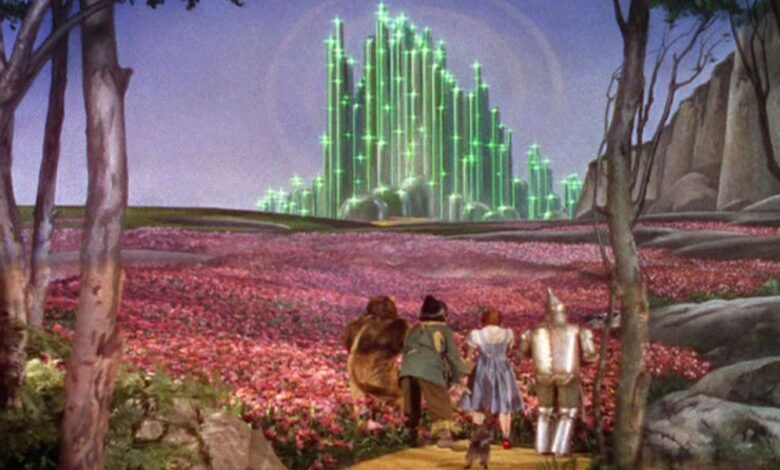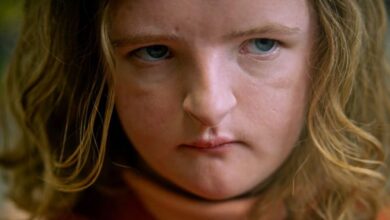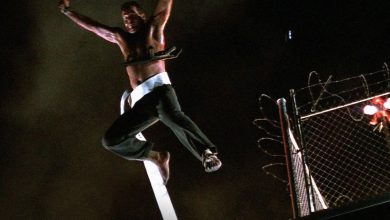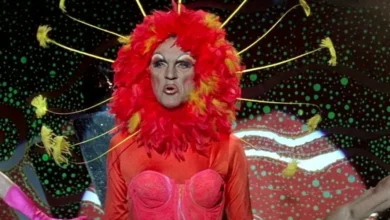“Toto, I Have a Feeling We’re Not in Kansas Anymore”: The Symbolism Behind Dorothy’s Most Famous Line

Few lines in cinema history are as iconic and multilayered as Dorothy’s whispered words in Victor Fleming’s The Wizard of Oz (1939). When Judy Garland steps out of her cyclone-tossed farmhouse and into the dazzling technicolor world of Oz, she delivers a line that is at once innocent, ironic, and profoundly symbolic:
“Toto, I have a feeling we’re not in Kansas anymore.”
The Scene of Transformation
Dorothy opens her door to find herself no longer in the dusty, sepia-toned reality of her Kansas farm but in a vividly colorful dreamscape. She is both awestruck and unsettled. What lies ahead is unknown, and this single line encapsulates her confusion, wonder, and latent fear.
Context Matters
Kansas represents Dorothy’s ordinary world: a small farm, a strict but loving aunt and uncle, and the tyranny of Miss Gulch, whose wealth and power overshadow everyone. The cyclone is not just a weather event — it’s a metaphor for upheaval and personal crisis, tossing Dorothy into a world that mirrors her own struggles in exaggerated, fantastical form.
In Kansas, Miss Gulch uses legal authority and wealth to dominate others. In Oz, this manifests as the Wicked Witch of the West. Dorothy’s escape from Kansas is less about geography than about facing a different version of the same troubles.
Symbolism & Irony of the Line
The line works on several levels:
-
Irony: Dorothy wanted to find a place “where there isn’t any trouble.” Instead, she finds herself in a magical land just as fraught with greed, politics, and power struggles as Kansas.
See More ...
- Brad Pitt, Joaquin Phoenix, Rooney Mara & Alfonso Cuarón Back Gaza Drama The Voice of Hind Rajab
- The True Difference Between a Superhero and a Supervillain: The Spider-Man Ethos
- Top 10 Robert Altman Films Ranked: A Journey Through a Maverick’s Cinema
- Joel Sill, Legendary Music Supervisor Behind Easy Rider, Flashdance, and Forrest Gump, Dies at 78
- Taylor Swift & Travis Kelce Announce Engagement, Redefining the Celebrity News Cycle
-
Transformation: Her words mark the crossing of a threshold, moving from childhood naivety into a journey of self-discovery.
-
Universal Reflection: Each character she meets mirrors human insecurities — the Scarecrow’s brains, the Tin Man’s heart, the Lion’s courage — and Dorothy’s own longing for home. The irony is that they all already possess what they seek, echoing the theme of inner strength and self-belief.
Why the Line Endures
Though often remembered as a child’s fantasy, The Wizard of Oz is one of cinema’s great coming-of-age stories. Dorothy’s line captures the initial awe of transformation, the moment of stepping into the unknown. It also reflects the universal human truth: new worlds are never free of conflict — they simply reframe the same struggles we face at home.
In the end, Dorothy learns she always had the power to return to Kansas — a lesson in manifestation and self-reliance. The ruby slippers may be the magical device, but the real key was Dorothy’s own will and realization.




